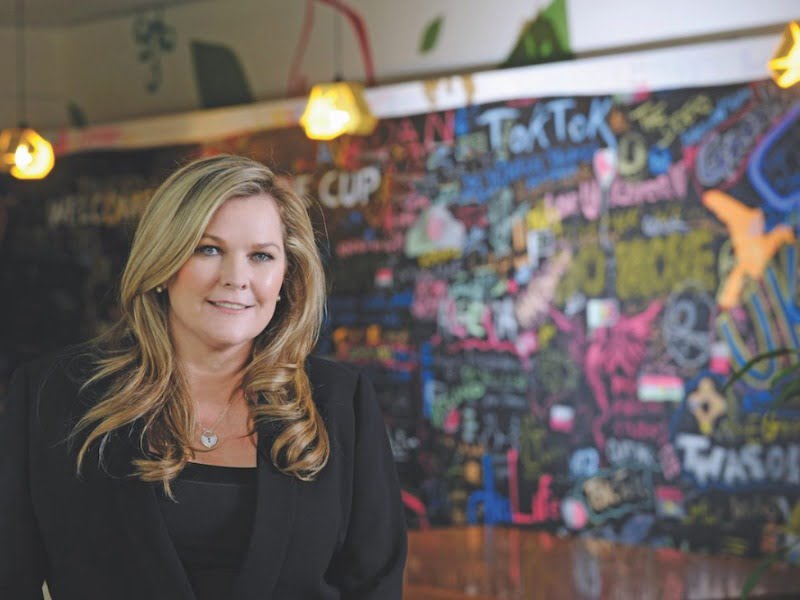Australian governments and tech platforms who are at loggerheads should take a step back and compromise, according to Salesforce Australia chief executive officer Pip Marlow, who says “stakeholder capitalism” has helped the software giant’s own partnerships.
“Technology and government, [or] technology and business, we have to work together,” Ms Marlow said told the AFR business summit on Wednesday afternoon.
“Because actually I don’t think we can make the progress that we need to [by] working in silos or working not in partnership,” she said.

The Salesforce chief said the pandemic had shown the value of public and private partnerships and what can be achieved in a crisis.
According to Ms Marlow, Australia is at a “sliding doors moment.” It must capitalise on its relative success in managing the pandemic, which has seen increased levels of trust in government and business, notwithstanding a drop in trust in the technology sector.
Ms Marlow said Salesforce was guided by a commitment to “stakeholder capitalism” where community, employees, government, customers and the environment factor into decisions much like shareholders do. She said some commitments made under the approach are not always met, but the company is transparent about it as it pursues “true stakeholder capitalism”.
The software giant’s platforms have become a popular choice for governments, including to manage COVID-19 contact tracing efforts, helping the company to grow revenue 20 per cent last year and forecast similar growth in 2021.
Salesforce’s platform was used as a replacement to Victoria’s largely manual contact tracing system, for example. It has similar contact tracing deals with South Australia, Western Australia, Victoria, New Zealand and over 30 US states.
Key to partnering with government is a willingness to consider each other’s stakeholders, Ms Marlow said.
“The way [Salesforce] try and get to that [partnership] point is taking that stakeholder approach,” Ms Marlow said.
“If your number one thing that is important to you above everything else is profit, you will make decisions aligned to that. If you have a more balanced scorecard and say ‘actually it’s our role to help government, help business [to] drive customer satisfaction, you will operate differently because you have a more balanced scorecard, and that’s why we take the stakeholder approach.”
When negotiations get tense, such as with Google and Facebook’s stoush with the federal government, Ms Marlow says it is time to take a step back.
“If you have two parties who both have a position and you’re both pushing against each other [then] nobody’s making any progress,” she said.
“So actually, sometimes you have to be the person to take the first step back to seek to understand the other person’s position and go ‘Right, what can I do to help you. And how can we change the dynamic here?’”
“But waiting for the other person to make the move, if both parties are waiting for the other person to make the move, nobody’s going to make a move.”
Do you know more? Contact James Riley via Email.

